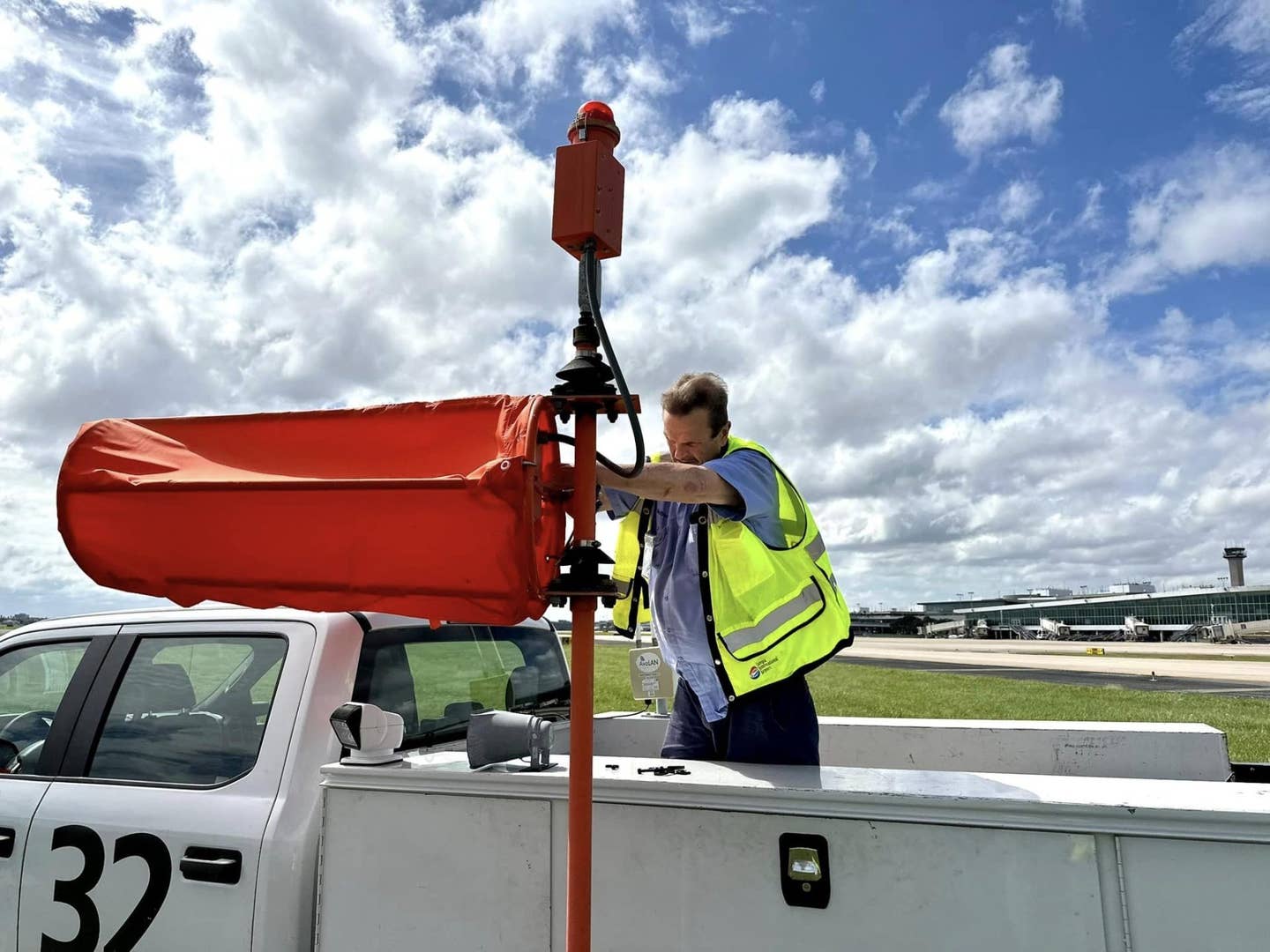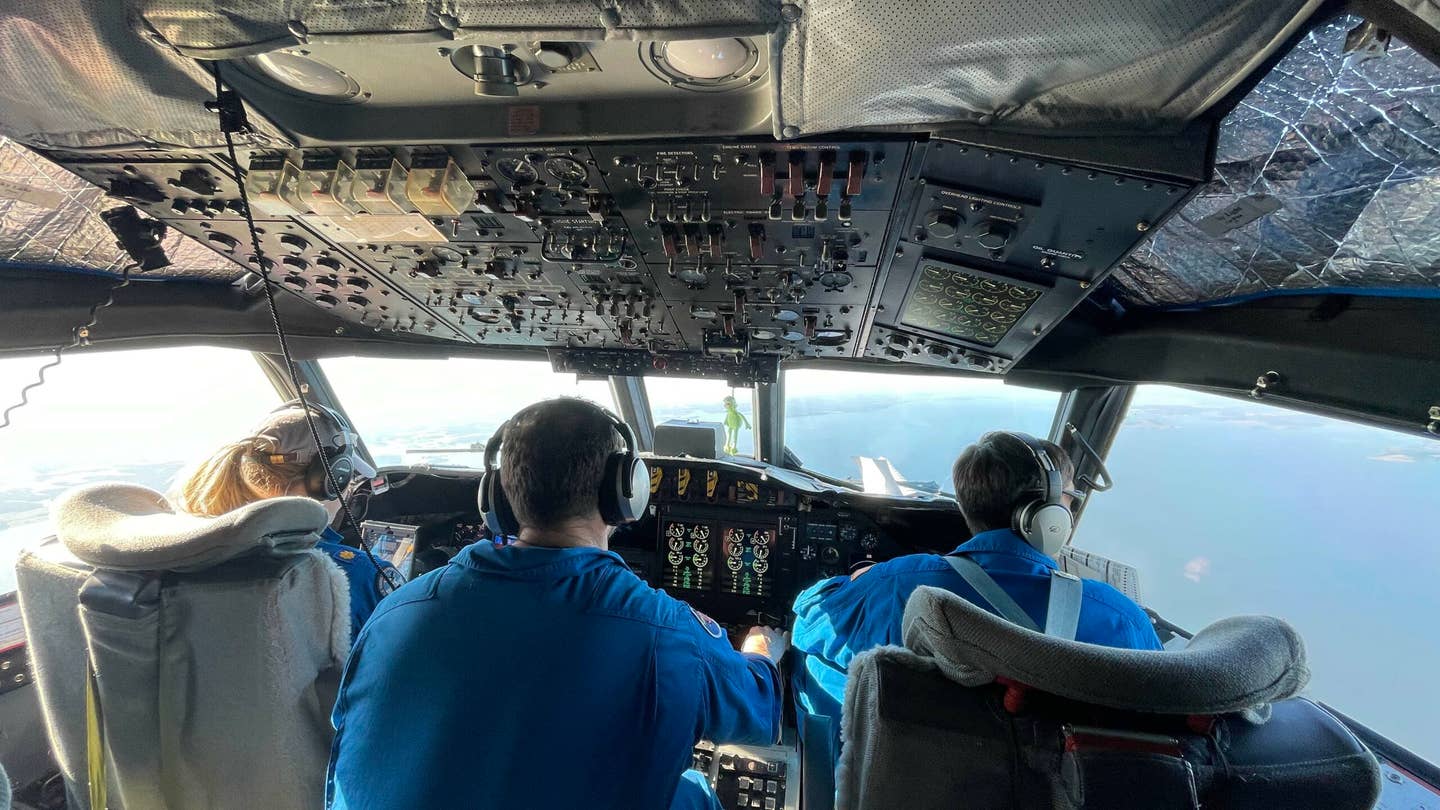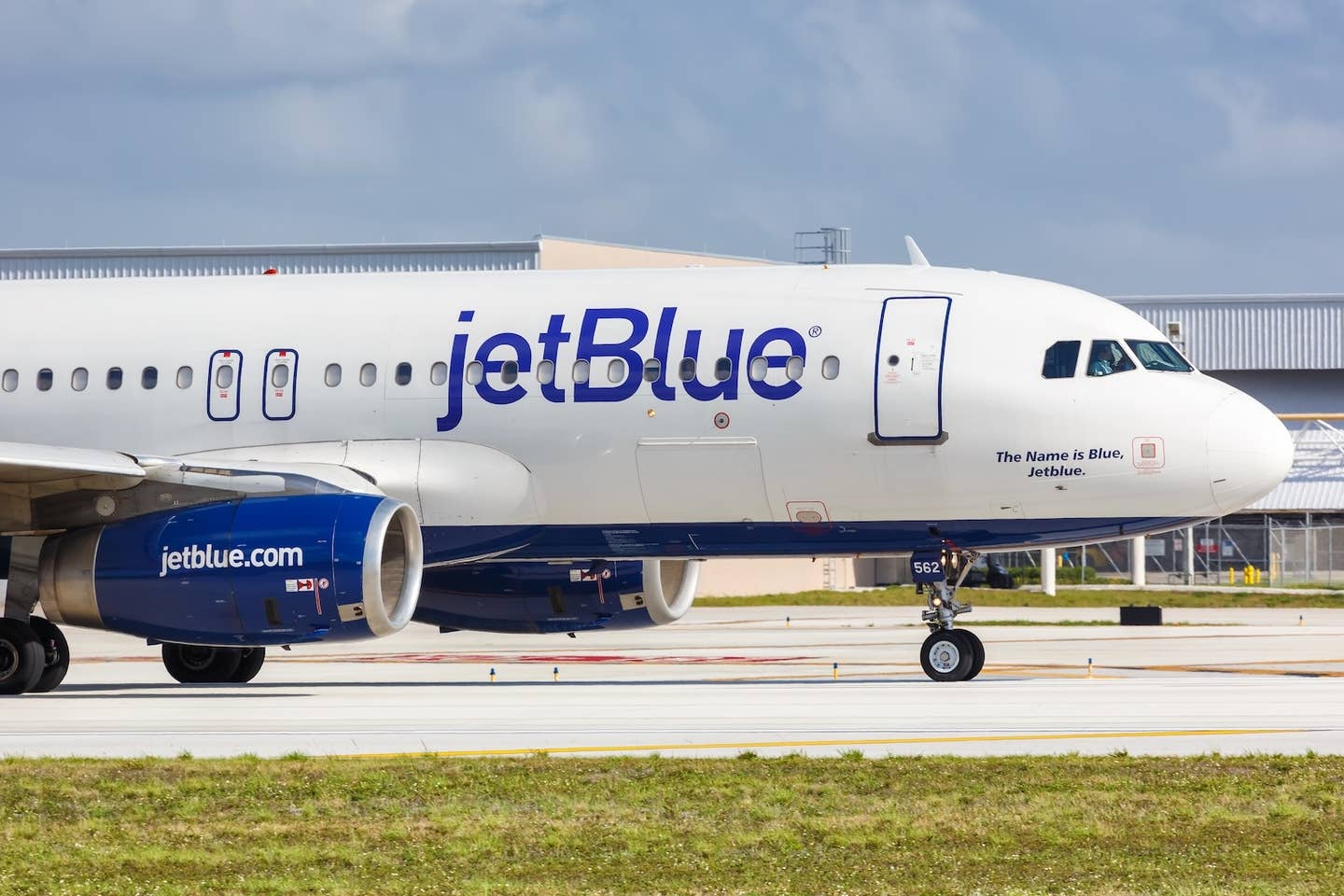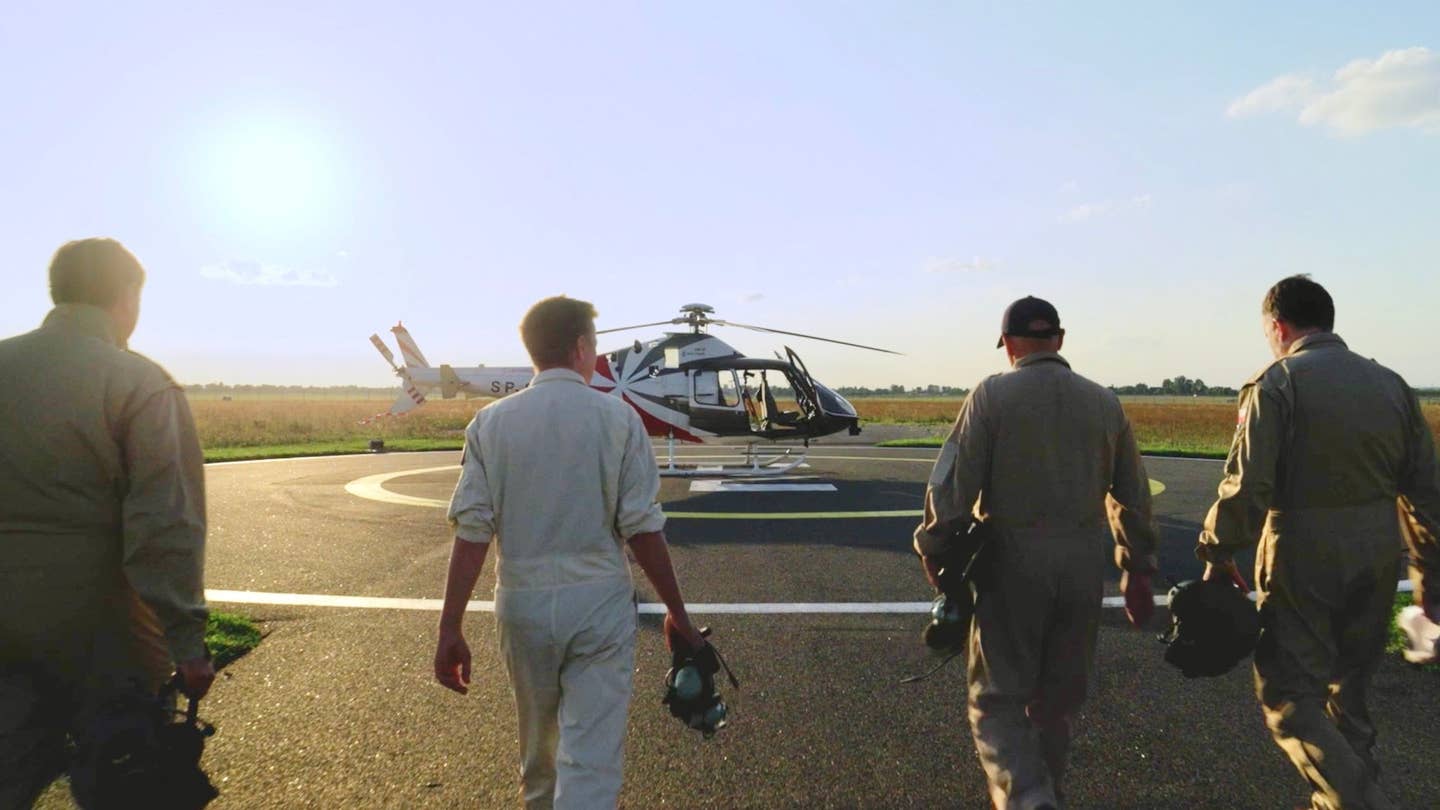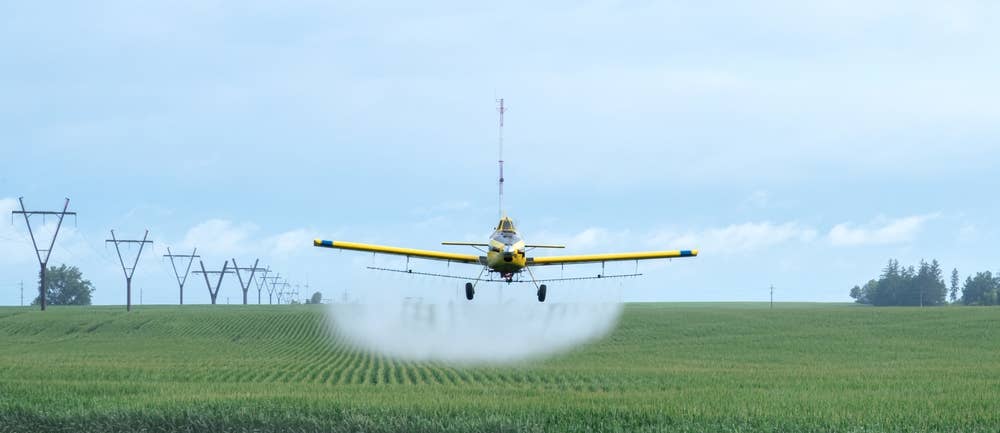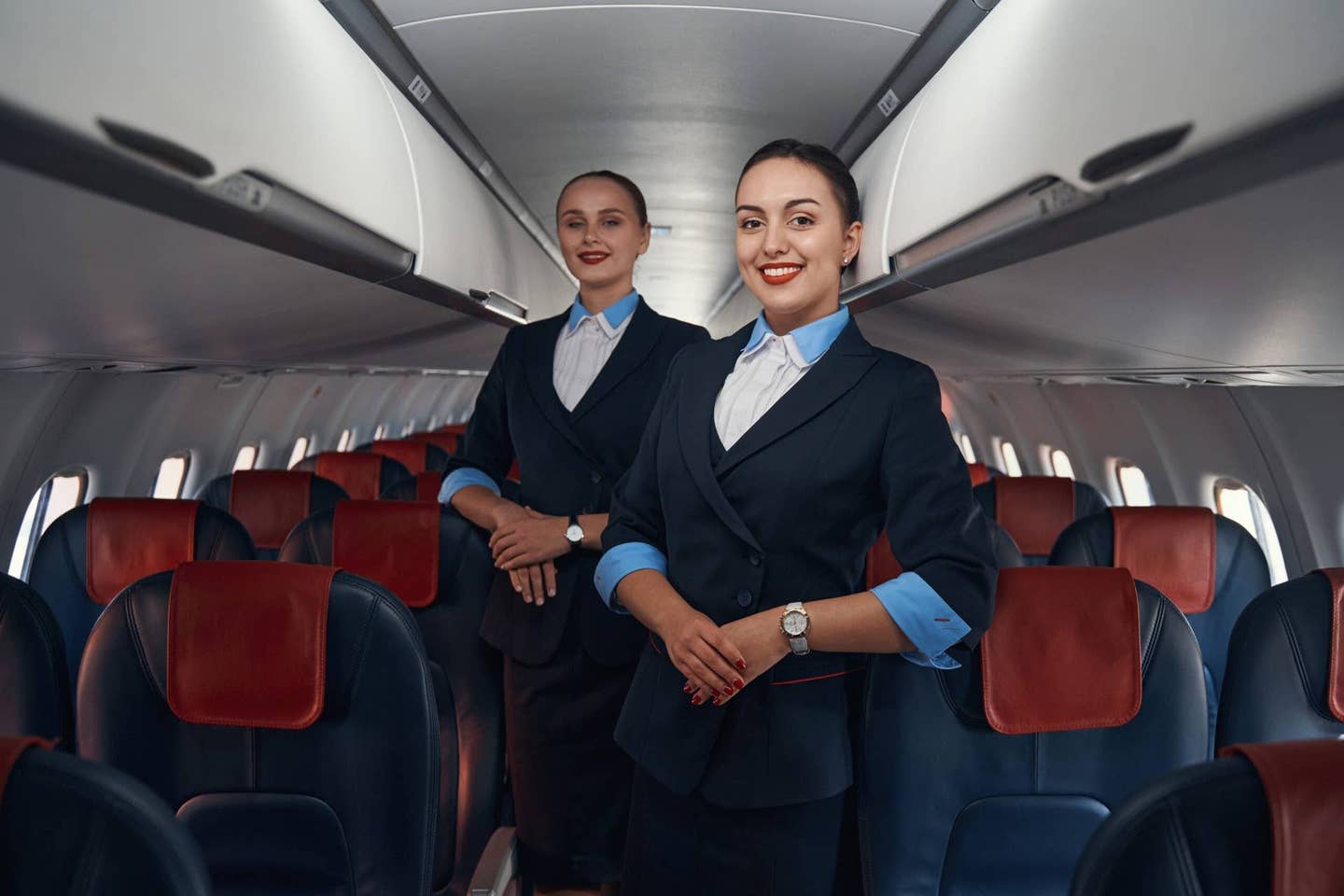
Captain Alison Donway is acting chief pilot at Horizon Airlines’ Portland, Oregon, crew base. Her days are long, but the benefits of being chief pilot mean she is often home with her family at night. Courtesy of Alison Donway
New England Airlines, which flies between Westerly, Rhode Island, and Block Island, Rhode Island, with six- and 10-seat aircraft, is one of many tiny scheduled airlines that fill specific transportation needs throughout the U.S. Director of Operations Bill Bendokas and his wife, Lois, both Block Islanders, started the airline in 1970. It is one of the smallest in the U.S.
Bendokas hires college-graduate pilots and puts them behind the ticket counter. They load baggage and then fly the empty-leg flights with a senior pilot until they accrue enough hours to be Part 135 charter pilots for Bendokas. A few more hours and they qualify for the scheduled routes.
Some small airlines struggle to keep their pilots from moving up to airlines with larger, more complex equipment, but Bendokas has a few pilots who like the local aspects of the job. His chief pilot, Suzette Cowley, has been with the airline for 20 years, 10 as chief pilot.
Idaho's Empire Airlines' CEO Timothy Komberec doesn't worry about attrition, just growth. The 300-employee turboprop airline carries freight, flies charters, and operates in Hawaii as Ohana airlines, a feeder for Hawaiian Airlines. Desirable routes and good benefits retain pilots, which Komberec told Regional Airline Association members earlier this year.
Horizon Air is considered a large regional. Owned by Alaska Air Group, its main base is in Portland, Oregon. Alison Donway is the acting chief pilot of the Portland domicile.
"A lot of people make Horizon their home," she says. "I became a management pilot and stayed on because I saw I could directly contribute to the success of the airline. Alaska Air Group invests heavily in building managers," she continues. "I just finished an Executive Leadership MBA that the company sponsored."
Donway's key responsibilities as acting chief pilot include recruiting, and right now Horizon Air is seeing record-breaking attrition as pilots leave for major airlines. Donway and the other managers at Horizon understand that many of their pilots are at the airline to gain enough experience to move on to a larger jet airline.
Even still, "We are filling all our new-hire classes right now," Donway assures us. What is her advice for someone aspiring to do more than just fly at a regional airline?
"Find your favorite pilot-manager and ask to do work outside of flying. Get your foot in the door this way. Volunteering with your pilot union on the Flight Standards or Accident Investigation committees builds good leadership skills," she recommends.
Donway is paid as a senior captain flying the line, plus an override. Median regional airline chief-pilot pay is $104,763 (salary.com) and ranges up to nearly $150,000. Unlike a line pilot, she does find herself taking work home at night from time to time. But she goes home at night and on weekends to be with her family on a consistent basis.
She tries to fly a trip often enough to stay current. For someone with a young family, such as Donway, chief pilot is a perfect fit.
Interested in a leadership position at your flight department? Research your own union (Alliedpilots.org, Alpa.org, Teamsterair.org) or join a mentoring association, such as Future & Active Pilot Advisors (FAPA.aero) or Women in Aviation, International (WAI.org) and participate in a committee or an event. It is a great way to meet leaders who can mentor you into the aviation job you dream about.

Sign-up for newsletters & special offers!
Get the latest FLYING stories & special offers delivered directly to your inbox

